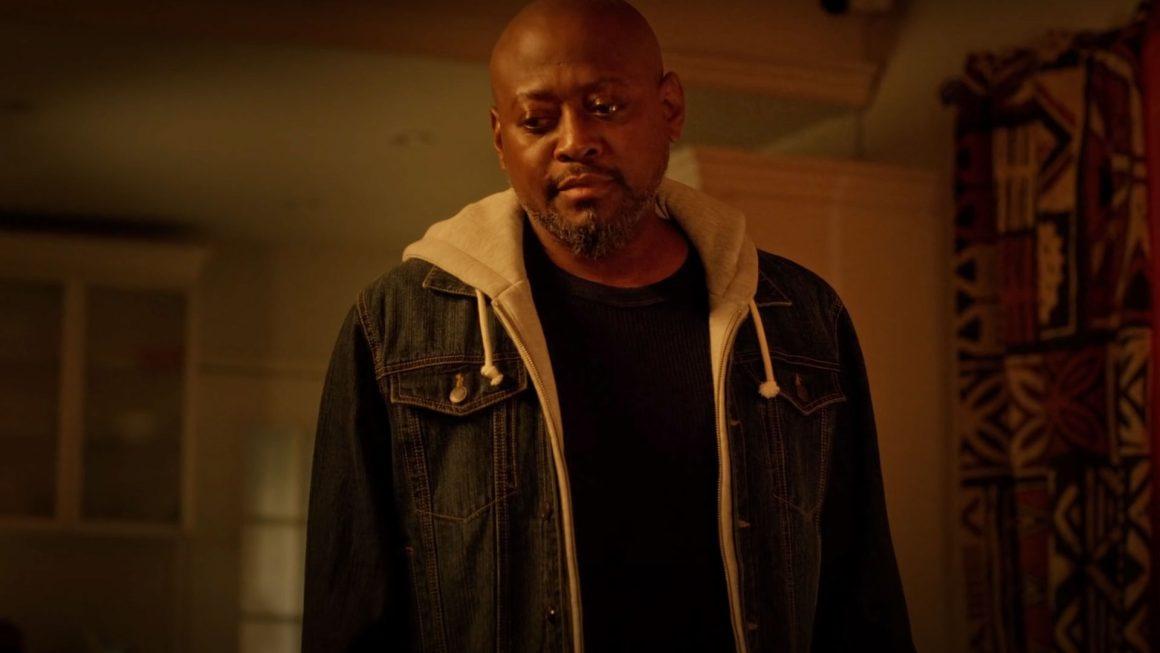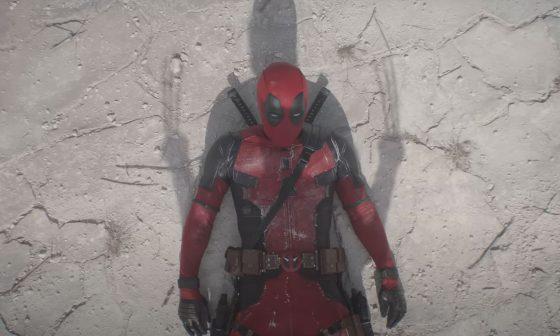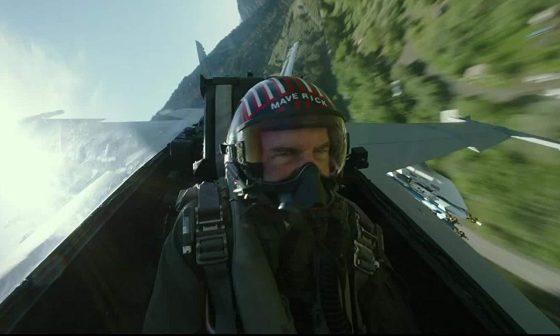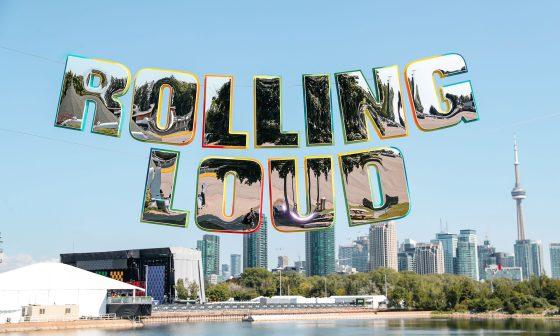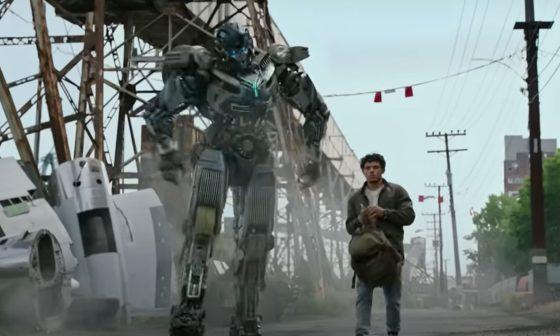Since the early 1990s, Omar Epps has been an undeniable force within the world of media, film, and television. From movies and TV shows such as Juice, Love & Basketball, Higher Learning, The Wood, Against the Ropes, In Too Deep, ER, House, Ressurection, This Is Us, and MUCH more, Epps has dominated both television and film screens for over two decades. Keeping his foot heavy on the gas, the legendary actor is back with a brand new film, The Devil You Know. Released Friday (Apr. 1), the Lionsgate crime drama finds Marcus Cowans (Omar Epps), a once-incarcerated man trying to turn over a new leaf with the support of his family.
Upon starting over, Marcus discovers terrible news in regards to one of his brothers (Will Catlett) and his connection to a violent crime. Because of this discovery, Marcus and his family battle a determined, seasoned detective (Michael Ealy), which ultimately leaves Marcus deciding to choose between, loyalty and brotherhood, and doing the right thing.
Prior to the release of the film, we caught up with Omar to discuss the new film, his role, and more!
I watched the movie and… it had me completely shook. I saw online that you said the movie was “an exploration of family, morality, and brotherhood” and that it “challenged generational and cultural conditioning in an authentic way that leads back to protecting one’s humanity.” Why was that so important for you to showcase those various elements within the film?
Because we naturally have that as human beings – having this human experience, this journey. We have different dynamics but we all come from a family. Even someone who may have been adopted deals with familiar stuff. What sort of anchors the film are these scenes around the dinner table where everyone knows how that feels. Uh oh, ya know, NaNa’s cooking, uh oh, they started playing cards, uh oh, they done popped open the Hennesy, they are going to get into a fight – all of those dynamics that transcend the cultures but we were intentional about telling this story through the lens of blackness.
Going into your character, Marcus did you find any similarities or connections between his personality and yours when you picked up the role. Did you find anything similar when you assumed the role at all?
That’s an interesting question! I’ll give you some backstory. This is an 8-year journey for us to make this movie. Charles Murray and I had lunch 8 years ago one day and he kind of… ran this idea by me and I thought it was incredible. I’ve been living with the character for that long as through all of the stages of development. So, I had to anchor myself in absolute vulnerability in order to access the character and I would like to believe that I’m able to have that vulnerability as myself but I don’t really know. I mean someone else would have to tell me that, right?
It’s like for the younger generation, everybody is calling themselves legends but no, someone else has to call you a legend for that to be true. So, I’m just saying that to just be fair. We’re all human beings and we’re having this experience, we’re on these different journeys, and what’s so interesting about it is (which brings it back to the film) it’s like, we’re kind of all on the same journey. We all start somewhere and we all gotta finish somewhere… we just don’t know when that’s going to be. But the journey in between is like everyone is going to go through a version of something that someone else has been through. So it was imperative that we try to have that type of authenticity not only in my character but in the film itself.
Now, this was an amazing cast. How was it working with so many amazing actors? You’re Omar Epps. You’re already great. That’s a given. But working with Will Catlett, Michael Ealy, Glynn Turman – How was that?
Do you know what’s amazing? I’m one of those people that really try to live in the present moment… like all the time. So, even when I got the news that Glynn Turman was interested – “Oh they made the deal with him.” “He’s going to do it.” “Oh, that’s him right over there on set” And we’ve met in passing before through the years, but to share a screen with Glynn Turman… it didn’t hit me until when we were almost finished. I’m just so present. I’m like, “I’m working with a WHOLE legend! A living legend!” I mean, Vanessa Bell Calloway… Will Catlett is nasty with this thing of ours that we do. He is incredible. Michael Ealy… the whole cast!
You could feel that on set. There was just such a feeling and energy of comfort. Everyone knew it was a safe space to just be and create. That was not just the cast. It was the crew. There was this space of comfort. Everyone was working (I think) from their better self with this movie. I just felt honored to be a part of such a wonderful cast.
Now you mentioned it when you said creating. For you, this is not your first time being a producer or being behind the scenes as well as being in front of the camera. What would you say in terms of producing when it came to this movie was different than other experiences you’ve had with producing?
What was different with this is… Charles is my inner monologue. (Charles Murray, who wrote and directed the film). We’re the type that we finish each other’s sentences. And the flip side of that coin means every other conversation is an argument or a debate. That was the fun part though. Honestly, with him, it was just seamless. In terms of the executive producing hat, you have to be completely selfless. I’m thinking about everybody else and everything else. I’m not even worried about my character and that’s where we (Charles Murray and I) balanced because he would have to come in and say, “Hey! You have to do this for Marcus, for the character that I play.” I was so focused on making sure everybody else was good but it was great. To me, the titles don’t really matter. It’s always a collaborative effort.
I’m not minimizing the work that was done because, at the end of the day, it comes down to the work. But, it’s always a collaborative effort. When you have the right pieces and you have the right environment, everyone is always contributing whether they get a “credit” or not.
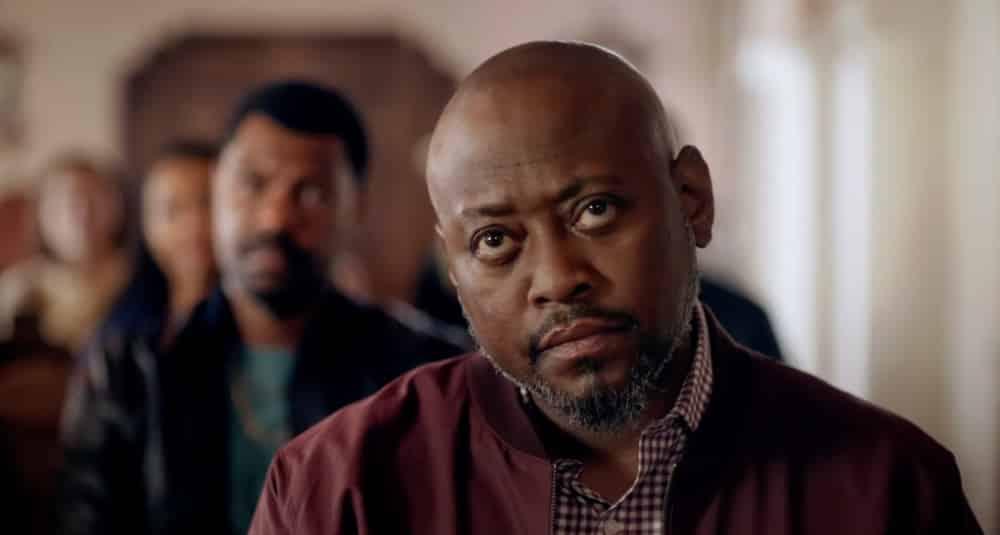
With the actual plot of the movie… there were so many plot twists. How important to you was it to have these interesting twists in this movie? I know when people go and see this they’re not going to expect it the same way I didn’t expect it.
That’s beautiful what you just said. That makes me feel good because that was part of our intent. When you watch a film like “The Town” or you watch a film like “Mystic River” and all these other films that have… non-black faces in them all get to tell stories in that type of way and we wanted to say, “Hey, we can do that too.” It is an unapologetically black film but it ain’t at the same time. Because everybody comes from a family. So everybody can relate to certain things. Now in terms of the twists, that’s the fun of telling stories. Catch them off guard. Right when they think it’s going to be this, it’s going to be that.
The hard part is still keeping the emotion, still keeping you watching emotionally invested. Then you start to think, “What would I do if I were in that situation?” I really love that about this film. When the credits roll, the conversation still continues. I’ve heard people arguing and people debating… ya know.
It’s funny that you brought that up because I was thinking about that. In the end, the biblical reference came up and I come from a very spiritual background. So when my mom saw that she was like, “Yup! I love that. That’s exactly what it’s about! That was intentional.” With those meanings, from beginning to the end, how important was it for those meanings to really be translated on the big screen?
Everything when it comes to imagery, every single thing means something. I’m acutely aware of the power of imagery, especially upon us as black and brown people. I grew up, I didn’t have a father. And when I used to watch the show, Good Times, that’s before your time I can tell. That’s the first time I saw like – Even though James never had a job and he couldn’t keep a job, the father was home. So even though they were poor in the projects, at least they had their dad.
And when I saw the Cosby show, I was like “Oh, they have their dad. They’re always laughing. There’s always food on the table, she’s a lawyer and he’s a doctor, and they got money… and they were happy!” So I was like “Oh, that can be done! I can do that!” So the power of imagery is supremely important to me. So when you say everything from the beginning credits to the end, every single thing is intentional because once I’m long gone and we’re all long gone that film is still going to exist in some form or fashion. Hopefully, they’ll be able to have access to it, and hopefully, it will influence future generations in a positive way!
Be sure to see The Devil You Know starring Omar Epps, Michael Ealy, Glynn Turman, Will Catlett, and more in theaters now.
